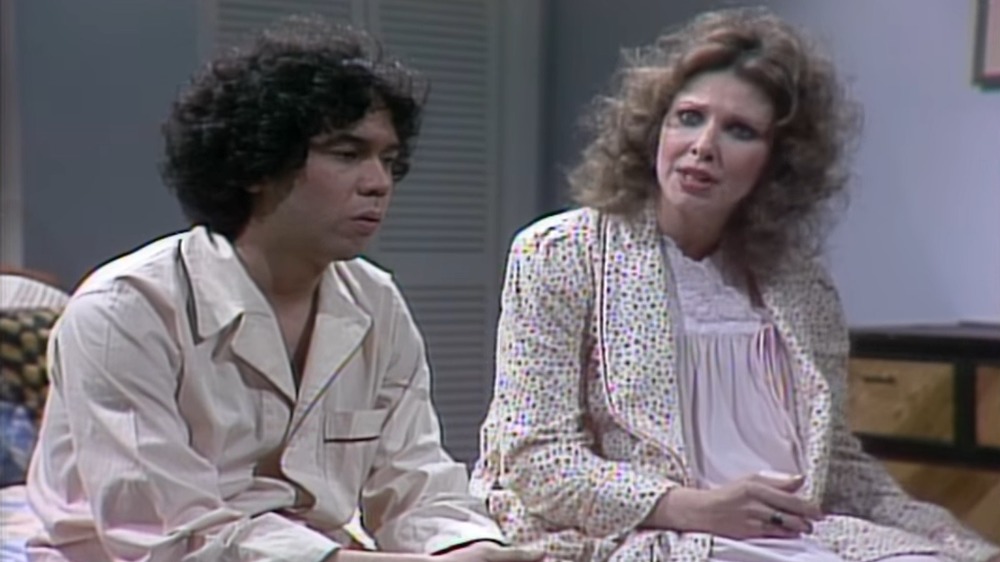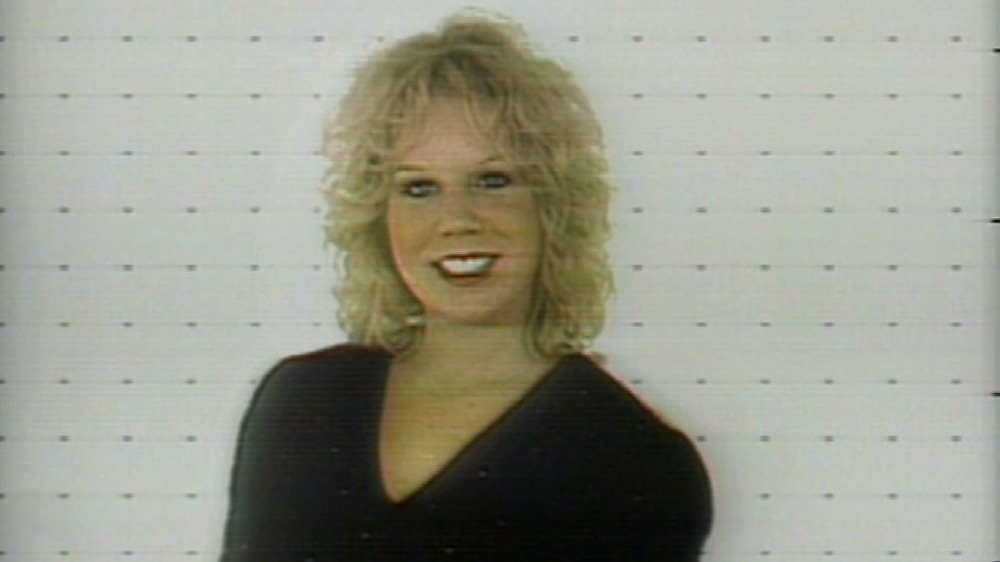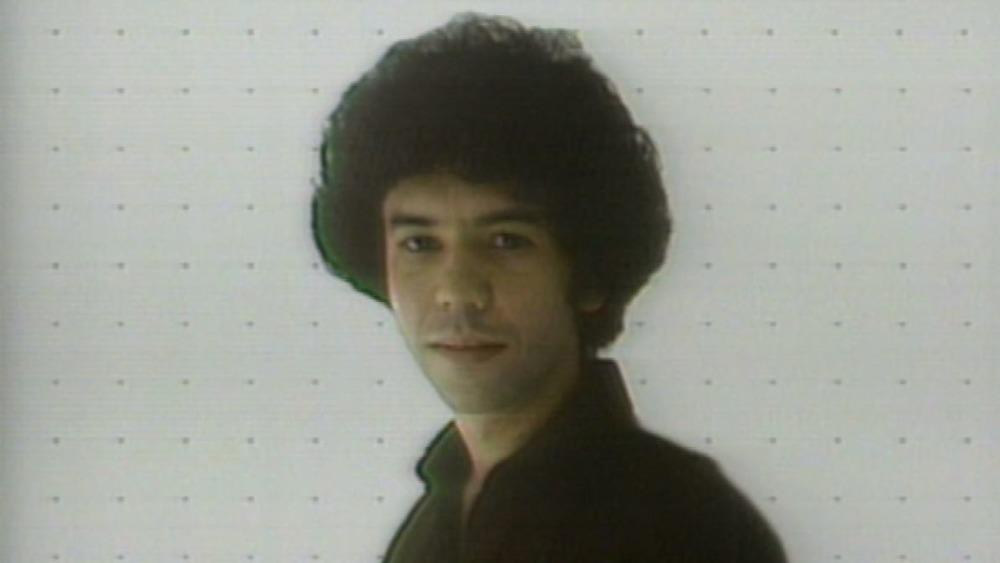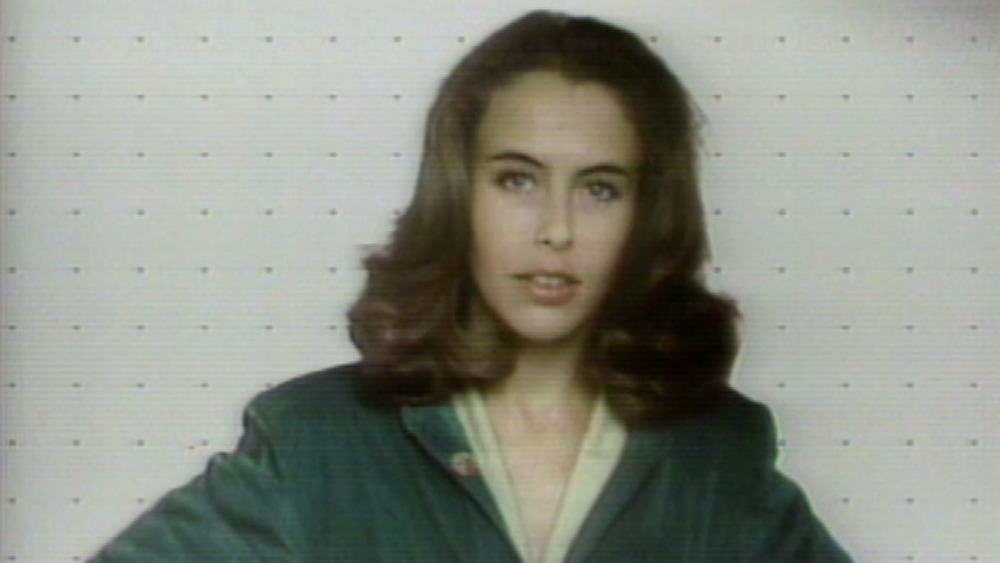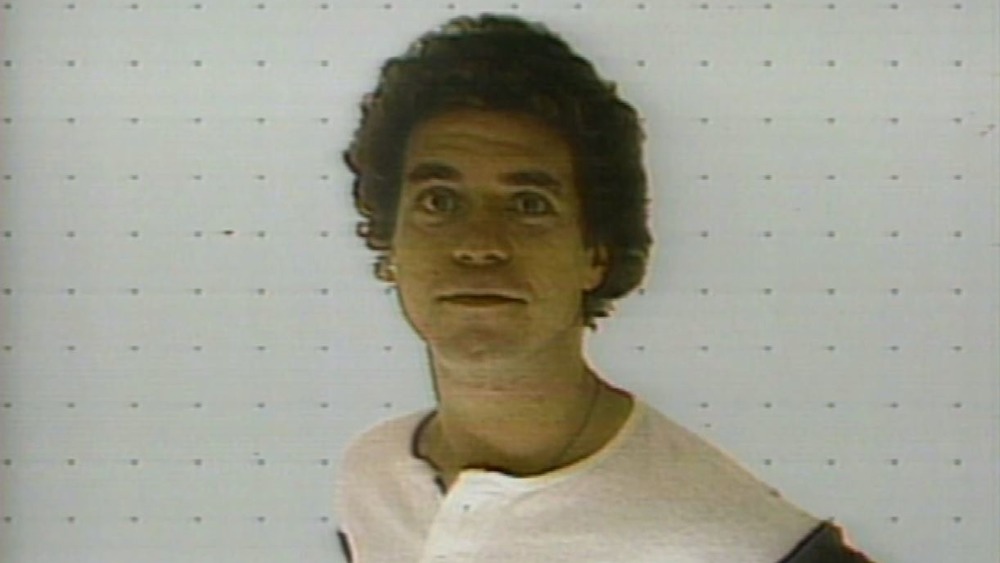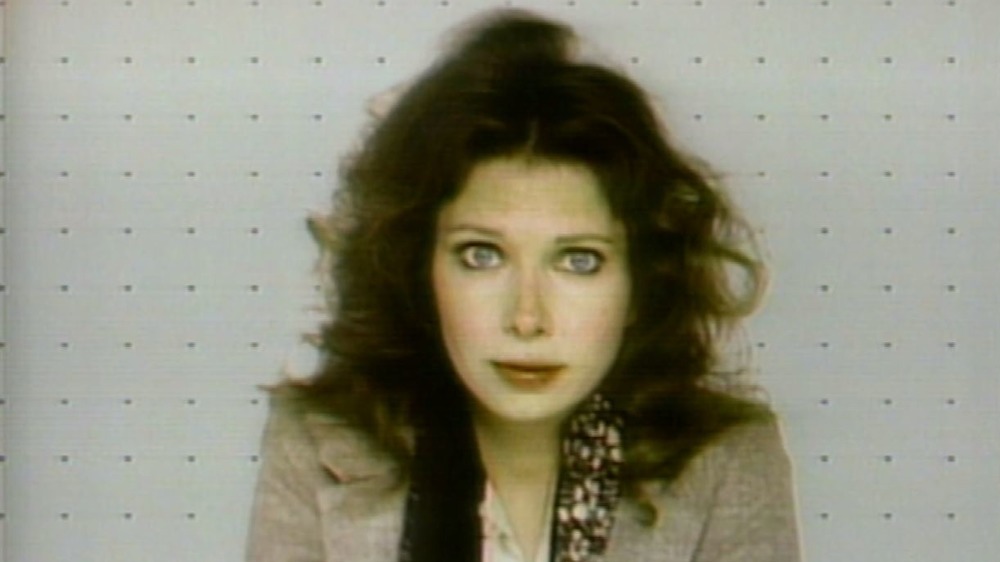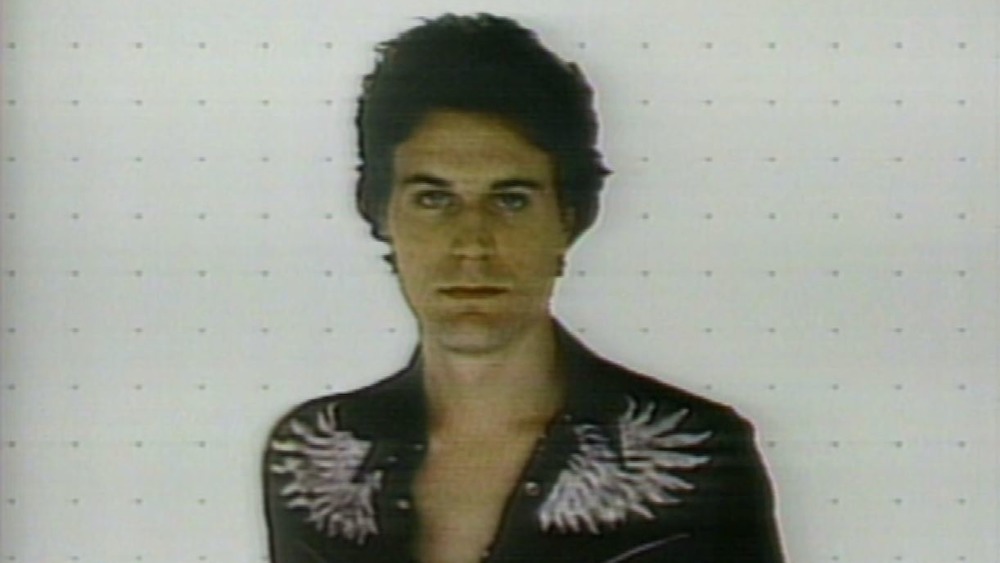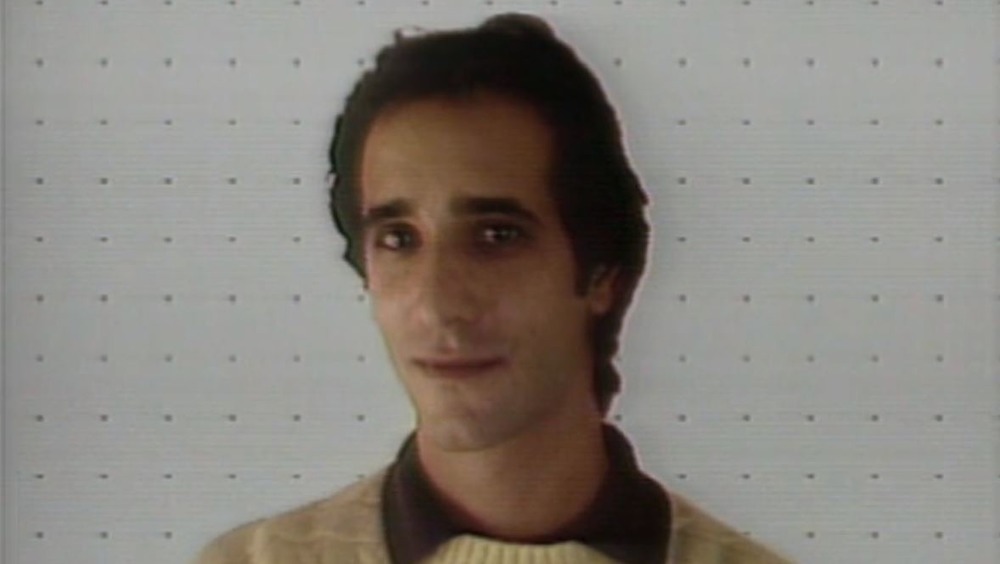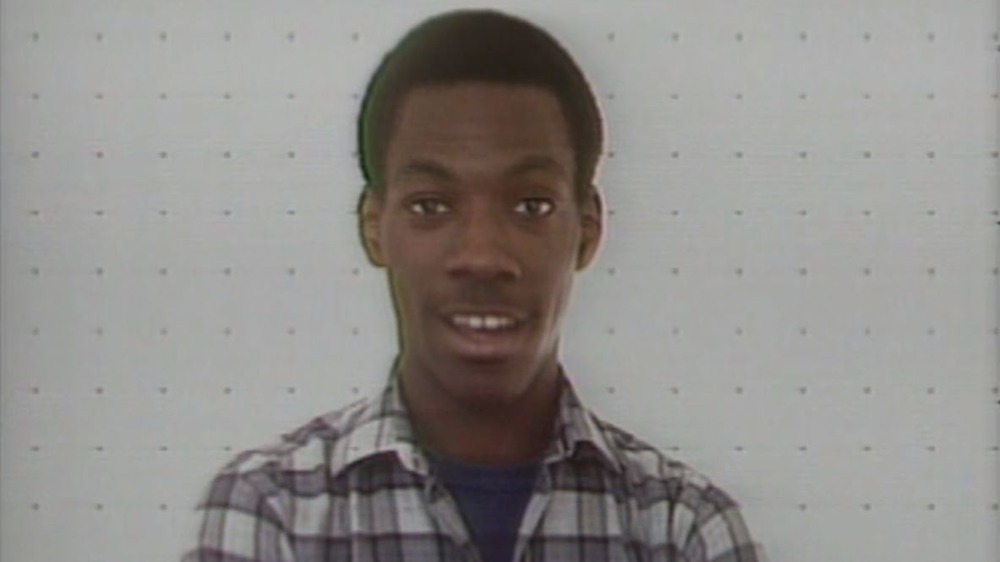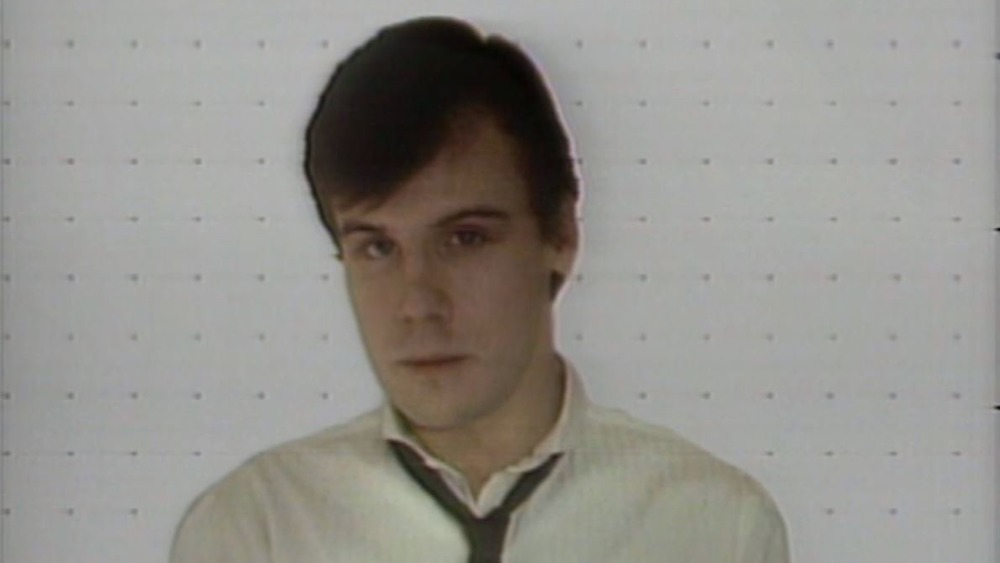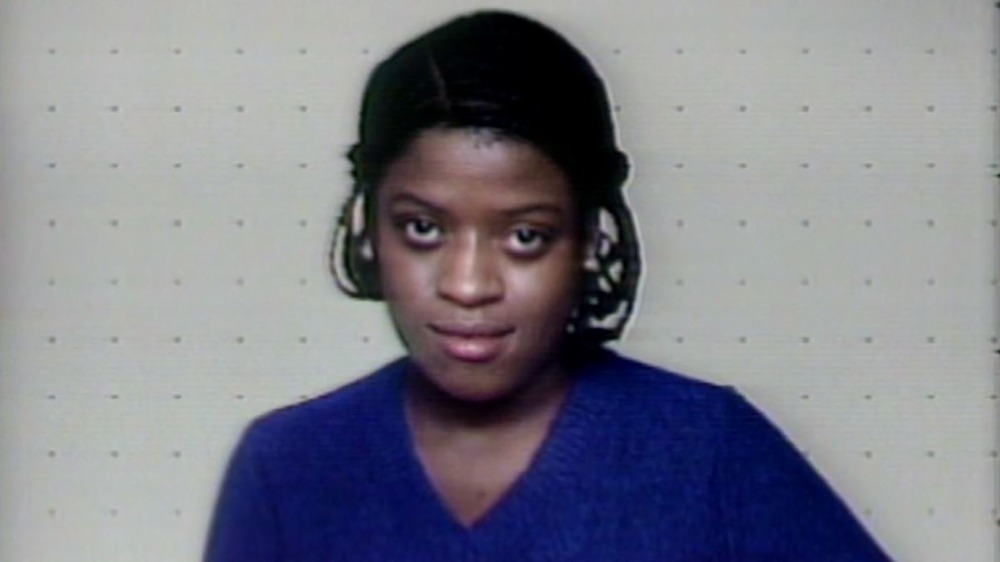What Happened To The 1980 Cast Of Saturday Night Live?
In 1980, Saturday Night Live creator and producer Lorne Michaels wanted to take a break. He'd been running the show for five years and turned a weird experiment full of small actors into a network tentpole full of stars. Michaels wanted Al Franken to succeed him as showrunner, but Franken's infamous "Limo for a Lame-o" segment tanked that. Instead, NBC president Fred Silverman picked Jean Doumanian. When the rest of the cast left out of loyalty to Michaels, Doumanian was tasked to create a new show almost from scratch — get new writers and all new talent.
The resulting sixth season — marketed as Saturday Night Live '80 — is almost universally considered the show's worst ever. Ratings were awful, reviews were worse, and the backstage goings-on were too chaotic to get any kind of stability. By the 13th episode, a good chunk of the cast were fired — as was Doumanian, replaced by Dick Ebersol. A writer's strike mercifully ended the season after that, with only two original cast members coming back for the next one.
What's oft-forgotten are the careers of the cast members of the much-maligned show, and they deserve to be more than footnotes. We're going to look at what became of the shortest-lived cast in SNL history. For simplicity's sake, we're only covering cast members who got a screen credit before the 13th episode — the three cast members added after that (Tony Rosato, Tim Kazurinsky, and Robin Duke) were grandfathered in next season. Featured player Emily Prager never appeared, and Laurie Metcalf — yes, Laurie Metcalf — only got one episode.
Denny Dillon
Denny Dillon auditioned for the original cast of Saturday Night Live, and while she obviously didn't make it then, she still appeared in one sketch as a guest. She joined the 1980 cast after a half dozen auditions, narrowly beating out future Oscar winner Mercedes Ruehl. She survived the cast overhaul before the 13th episode. During the summer of 1981, Dillon ran into Joe Piscopo on the streets of New York. Piscopo said that he was coming back next season, only for Dillon to realize she hadn't heard anything. As she told Vulture, "So that's how I learned I wasn't coming back to SNL."
She spent the ensuing decades in TV roles, most notably Toby in long running sitcom Dream On. Dillon's highest-profile role since leaving SNL was Roseanne Barr in Fox TV movie Roseanne: An Unauthorized Biography. Barr herself was not a fan of the casting, saying on a contemporaneous episode of Entertainment Tonight "That freaky little thing doesn't look nothin' like me, and that really makes me mad."
These days, Dillon spends much of her time teaching theater and improv around the Hudson Valley. She still picks up small parts in movies and shows like The Outsider and Law & Order: SVU. She starred in a play titled The Cake in St. Louis, about a homophobic baker who comes to grips with her own prejudice after finding out her goddaughter is marrying a woman, which was shut down due to COVID. Dillon is lesbian herself, making her the first out and known LGBT SNL cast member — even if she wasn't out to the general public until after her stint on the show.
Gilbert Gottfried
Every day, someone new learns that Gilbert Gottfried was on Saturday Night Live. Maybe today is that day for you, dear reader. This, however, was a far cry from the Gilbert Gottfried we recognize today. Fresh off the standup circuit, Gottfried was sporting an afro and spoke in a normal voice. That's right — not only is his screech not his actual voice, but there's 12 episodes of proof free to watch on Peacock.
His time on SNL was underwhelming, with the nadir coming when he played a corpse. Even though he acknowledges the cast and writing weren't up to par, he also recognizes that the 1980 cast were in a no-win situation. "I kind of always felt like that, it was the sacrificial lamb," he told Boston.com. "It was like the next James Bond after Sean Connery left was the sacrificial lamb, everyone hated him. And now there's been, you know, about 50 different James Bonds." Gottfried was fired at the 13-episode mark.
Gottfried went back to standup afterwards and was a cast member from 1983-'84 on Alan Thicke's disastrous talk show Thicke Of The Night. Not long after, Gottfried started using his yelling voice full-time and never looked back. Gottfried still has a sense of humor about his time on the show, responding on Instagram to SNL using a still of him with "I thought the still of me was funnier than Me when I was actually a cast member of SNL."
Gail Matthius
Gail Matthius was considered a bright spot in the 1980 cast, and her valley girl Vicki remains one of the few parts of that year that didn't get memory holed. She survived the episode 13 purge but still wasn't brought back. Immediately after, she joined the cast of short-lived British sketch comedy show Assaulted Nuts and had a small part in Airplane II. Neither brought more recognition.
Years later, Matthius told the Argus Leader, "I wasn't savvy enough to take full advantage of that exposure. I was a nice Midwest girl who didn't know enough about pushing and shoving my way to the top." Even so, she's not bitter, given that if she did anything differently she probably wouldn't have had the family she did. That's not to say that she hasn't had a solid career — just seldom one in front of the camera.
She spent the '80s and '90s working almost entirely as a voice actor while raising her children. Her most prominent roles include Martha Generic on Bobby's World, Shirley the Loon in the Tiny Toons franchise, and Smallstar Seaworthy on the Snorks. She's also lent her voice to, among other things, episodes of Animaniacs, Spider-Man: The Animated Series, and CatDog. After a long hiatus from screen performances, she got back into live-action roles in the late 2010s, most notably as Officer Peg in Hap and Leonard.
Matthius has also had a sizable presence in theater. After her children graduated, she performed in musicals around California and even produced a stage version of The Buddy Holly Story in 2006. She's part of the Spolin Players, an improv troupe that also includes Dan Castellaneta and John Mariano.
Joe Piscopo
Joe Piscopo was one of the only stars who broke out of this forsaken season and, along with Eddie Murphy, was one of only two who stayed for season seven. Piscopo made a mark with his impressions, especially that of Frank Sinatra. In particular, his "Ebony and Ivory" sketch with Murphy as Stevie Wonder and inventing "What Exit?" — the eternal New Jersey joke — were his signature accomplishments during those years.
He left SNL in 1984, tired of the grind but knowing the show was in good hands with new talent. Over the next few years, he starred in a few hit comedy movies, including Johnny Dangerously and Wise Guys. He also released the comedy music album New Jersey, which gave him a new medium to show off his mimicry skills. The record includes a spot-on Bruce Springsteen parody for the title track and a Ralph Kramden opposite Eddie Murphy's Norton on "The Honeymooners Rap." Pisocopo additionally released three comedy specials. At various points through the '90s, Piscopo played Vic Fontaine in Grease — both on Broadway and in various touring productions.
Despite never being out of work, Piscopo is often ridiculed as something of a has-been. He thinks differently: "People don't understand it: I never broke. I mean, to me the best is yet to come." He had several major scripts come into his hands, including Catch Me If You Can, only to get passed over. He told Vulture that "I think to my detriment, I never got into the Hollywood loop. I never played the game. It was my Jersey attitude." At some point he just decided he'd do his own thing.
Since 2014, he's hosted The Joe Piscopo Morning Show on right-wing talk radio station 970 The Answer out of New York, and he's frequently a talking head on Fox News, The 700 Club, and writes for conservative paper The Washington Times. He also started hosting Sunday Nights With Sinatra on 77 WABC in December 2020. Piscopo still lives in his native New Jersey, where every few years he publicly mulls running for governor.
Ann Risley
Ann Risley was something of a Woody Allen protege — she met him during a workshop during her days at University of Wisconsin, where he convinced her to move to New York and get into acting in earnest. He, in turn, cast her in small roles in Annie Hall, Manhattan, and Stardust Memories. Allen had the ear of Jean Doumanian, so it's not a reach to assume he helped get her on SNL. Risley was an odd fit on SNL, usually defaulting to the straight (wo)man roles playing off her zanier cast members. She was fired before the 13th episode.
After SNL, Risley found more success on stage than screen. She starred in the 1982 Broadway revival of Come Back to the 5 & Dime Jimmy Dean, Jimmy Dean, as well as landing various roles in regional theaters across the country. She never had much of a TV career, largely appearing in soap operas and TV movies. Risley hasn't had a screen credit since 1993 because she moved on to another endeavor: coaching actors.
Risley relocated to Tucson, Arizona around 1984, where she started the Studio For Actors. She was the sole instructor for its entire 35-year run, and held classes on everything from accent reduction to comedy improv to audition technique. It seems to have shuttered around 2019 — Yelp reports that it's closed and the phone number no longer works.
Charles Rocket
Big things were expected of Charles Rocket. Doumanian singled him out as the cast member most likely to break out as the next big star. Instead, he's remembered as the key figure in one of SNL's most infamous moments. Dallas star Charlene Tilton hosted on February 21, 1981, and Rocket was shot in a parody of the infamous "Who Shot J.R." cliffhanger. During the goodbyes, Tilton asked him what it felt like to get shot, to which Rocket replied "I'd like to know who the f— did it." He was jokingly reprimanded for it by Bill Murray in the next week's cold open before getting fired in the 13th episode purge.
Though Rocket never reached megastar status, he still had consistent work after SNL. The '80s and early '90s were especially fruitful for him: he played kidnapper Nicholas Andre in Dumb and Dumber, Dave Dennison in cult classic Hocus Pocus, and even went into drama with a small part in Dances with Wolves. He had some prominent TV roles as well, played villainous network president Ned Grossberg on Max Headroom and Richie Addison on Moonlighting.
Rocket continued to find somewhat consistent work through the '90s and into the early 2000s before he died by suicide in 2005. If you or someone you know is having suicidal thoughts, please call the National Suicide Prevention Lifeline at 1-800-273-TALK (8255) or text HOME to the Crisis Text Line at 741741.
Matthew Laurance
Matthew Laurance joined SNL as a featured player in December of 1980 and was canned after the 13th episode. Even in an unremarkable cast, he did little of note before getting fired. He's more notable for the acting he did afterwards, with small roles like Ron in St. Elmo's Fire and larger ones like bassist Sal Amato in cult classic Eddie and the Cruisers. On TV, he starred in the early Fox sitcom Duet and was best known as Mel Silver on Beverly Hills, 90210. He stopped acting almost entirely after 90210, moving into sports broadcasting.
Laurance frequented charity golf tournaments during the early '90s, and at one such event he met and struck up a friendship with Duke University basketball coach Mike Krzyzewski. In 1999, Laurance told Coach K that he couldn't stand living in L.A. anymore. Coach K told him to come to North Carolina and they'd find a spot for him. That spot turned out to be an innovative and unique radio position: Laurance was stationed behind the bench, where he'd listen in on huddles and relay insights to the listening audience. Laurance performed this role for a decade, all while working as director of community relations at Washington Duke Inn.
Laurance left Duke in 2009, moving to an ESPN SportsRadio affiliate in Kentucky so he could be close to his wife's family. He hosts Backspin Golf, where he "interviews the best instructors, writers, and radio personalities in the golf community." In 2020, he was named Kentucky Section of the PGA of America Media Representative of the Year.
Eddie Murphy
Eddie Murphy was the only true star to break out of this season, but it took him a little bit to get on at all. Cast on the show at age 19 — yes, 19 — Murphy made his first appearance in "In Search of the Negro Republican," a sketch in the season's second episode. By December, he'd been promoted to featured player and got his name in the opening, and was promoted to the main cast just a few weeks later. Not only did he survive the episode 13 purge, he and Piscopo were the only two who stayed on past that season.
Murphy is often credited with singlehandedly keeping SNL alive during the Doumanian and Ebersol eras, but that still manages to undersell his accomplishments during this period. Not only did he create many legendary characters, ranging from Buckwheat to Gumby (dammit!) to Mr. Robinson, but his success transcended the show while he was still on it. He starred in smash hit 48 Hrs in the middle of his tenure, and took over hosting duties — while still a cast member — for SNL when co-star Nick Nolte was too sick to host while promoting it. By the time Murphy left SNL in 1984, he'd also starred in Trading Places and released the now-classic standup special Delirious. The success of Beverly Hills Cop acted as something of a coronation, adding afterburners to a film career that saw him become one of the highest-grossing actors of all time.
Even with all his success, Murphy had a complicated relationship with SNL going forward. He hosted a few times after leaving, but that abruptly stopped in the '90s after he felt they crossed a line. Several of Murphy's movies flopped during the mid-'90s. This led to David Spade, during his "Hollywood Minute" segment, putting up a picture of Murphy and saying "Look, children, a falling star! Quick, make a wish!" Murphy was upset his old show would take a shot as his career, and wouldn't return until 2015.
Patrick Weathers
Patrick Weathers came to the attention of NBC not via comedy, but music. He moved from the deep south to New York looking to get into music, only to find out disco was more in demand than his singer-songwriter material. Nonetheless he was a funny guy, performing comedy raps with Run-DMC. His agent convinced him that he'd have a better chance making it in comedy than music, and got him an audition for SNL.
As a featured player, his screen contributions were minimal — with his most famous sketch being Bob Dylan plagiarizing work from a dying Pete Seeger — but his work backstage outlasted his time on the show. He helped bring in David Sheffield, who'd later go on to become the show's head writer under Dick Ebersol. He also ended up as Eddie Murphy's personal writer and later co-wrote Coming to America and the Nutty Professor movies.
Weathers didn't survive the episode 13 purge. Not long after SNL cleaned house, he starred in the short-lived Broadway show Rock 'N Roll! The First 5,000 Years. He also had a few small roles in movies like Wall Street and wrote for National Lampoon. Since then, Weathers has relocated to New Orleans and has spent the ensuing decades focusing on music. He still acts on occasion in shows and movies, largely ones shot out of his native NOLA like Treme and Preacher. He also owns several art galleries in and around the city. He's content with his life, saying (via HuffPost) "Everything works out the way it should be. I'm still working — a lot of them aren't. I'm not dead. A lot of them are."
Yvone Hudson
Yvone Hudson is the biggest enigma of the 1980 Saturday Night Live cast, and maybe series history. She made brief appearances throughout the show's first few seasons before getting promoted to featured player a few weeks into season six, making her the first featured Black female cast member. Despite this historic first, there's little information about where she came from or where she is now.
Fellow 1980 SNL cast member Patrick Weathers told HuffPost that she was a "former receptionist" to whom the show "just kind of gave... a title." She had no roles of note, acting largely as an extra. Despite being fired as a cast member after the 13th episode, Hudson played small parts and background characters until 1984. Her IMDb lists her as a production assistant on Motown Returns to the Apollo in 1985, and that's the end of the line for her paper trail.
Megh Wright of Splitsider attempted to track Hudson down in 2014. "Despite reaching out to several diehard SNL fans as well as former writers and cast members," Wright stated, "my attempts to crack the mystery of what happened to Yvonne Hudson have been fruitless. Perhaps the lack of information available on Hudson is intentional on her part; if so, she's been quite successful."
